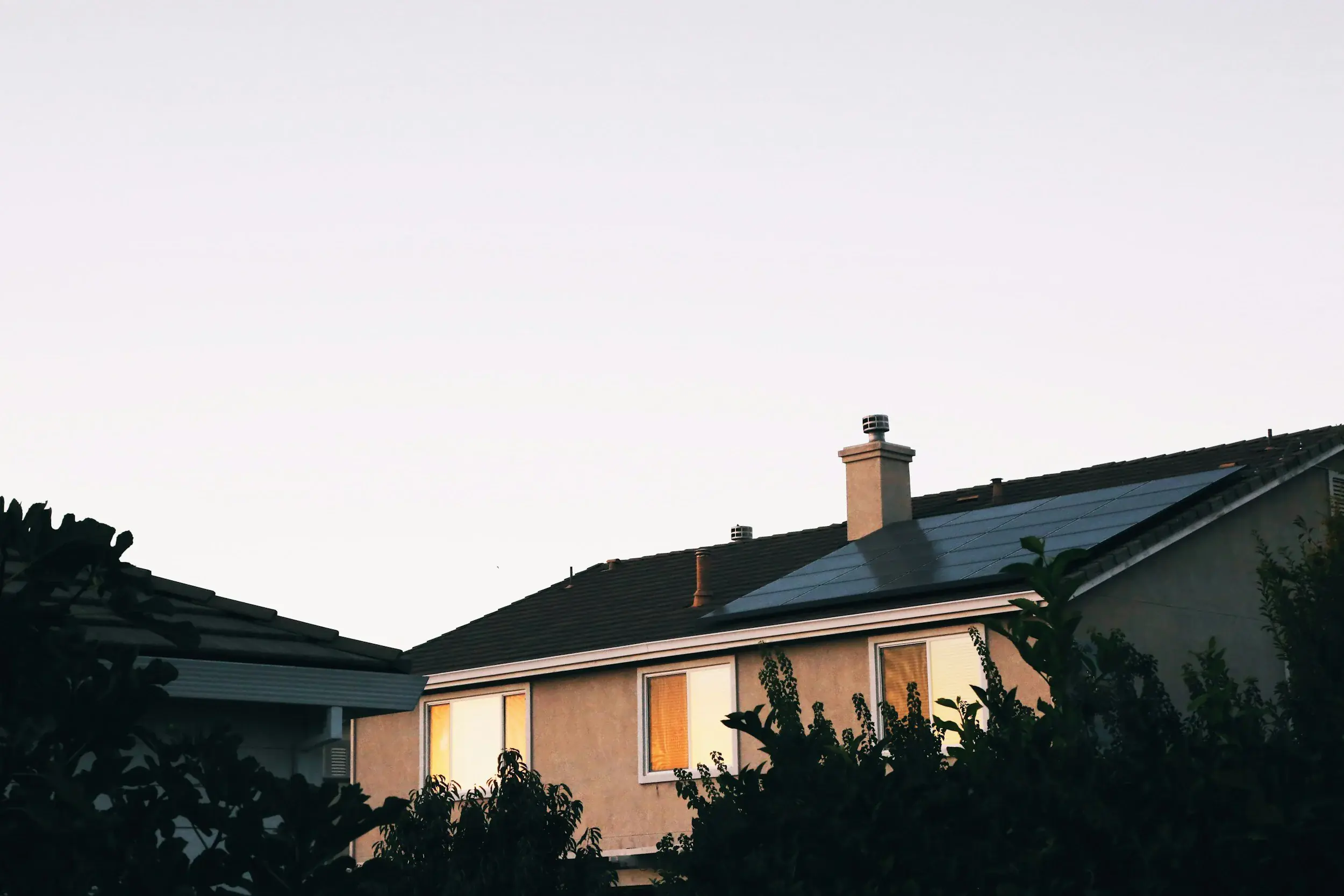Finding the right solar energy solution for your home requires careful planning and accurate calculations. Our comprehensive approach helps UK homeowners navigate the complexities of solar installation while maximizing both efficiency and savings.
Solar Panel Calculator UK
Our advanced solar panel cost calculator is designed to provide you with an initial estimate of solar panel installation expenses. It takes into account:
- Your specific energy requirements
- Location details
- Roof orientation
- Estimates system costs: Get accurate pricing based on current market rates
- Calculates potential energy savings: See your projected monthly and annual savings
- Recommends panel configurations: Find the optimal setup for your property
- Cost range: £6,000 - £12,000
- Average system: 8-12 panels
- Typical annual energy usage: 2,900kWh
- Average electricity rate: £0.34 per kWh
- Save up to 80% on electricity bills
- Potential payback time: Around 7 years
- Factors affecting savings: - System size - Energy consumption patterns - Export tariff participation
- Optimize panel placement: South-facing roofs at 30-40° angle work best
- Consider battery storage: Store excess energy for evening use
- Monitor performance: Use smart monitoring to track production
- Regular maintenance: Keep panels clean for optimal efficiency
- Smart inverters: Maximize energy conversion efficiency
- Microinverters: Optimize individual panel performance
- Solar optimizers: Reduce impact of shading
- Energy management systems: Automate usage for maximum savings
- Conduct detailed site surveys
- Provide accurate quotations
- Handle all necessary permissions
- Ensure optimal system design
Key Calculator Features
Our calculator goes beyond basic estimates:
Important Considerations
Our estimate is a rough approximation and not a definitive cost. Every home is unique, and final pricing depends on a professional site survey.
Average Solar Panel System Details
Understanding typical system specifications helps set realistic expectations:
Savings Potential
The financial benefits of solar energy are substantial:
Maximising Your Solar Investment
To get the most from your solar panels:
Advanced Solar Solutions
Beyond basic installations, consider:
Recommendation
For a precise assessment, consult a solar specialist who can evaluate specific factors like shading and structural considerations. Professional installers can:
Conclusion
Solar energy solutions have evolved significantly, offering UK homeowners unprecedented opportunities to reduce costs and carbon footprints. With the right planning, calculation tools, and professional guidance, you can create a solar solution that delivers maximum efficiency and savings for decades to come.
Ready to calculate your solar potential? Use our solar panel calculator or contact CRG Direct for a personalized consultation today.
